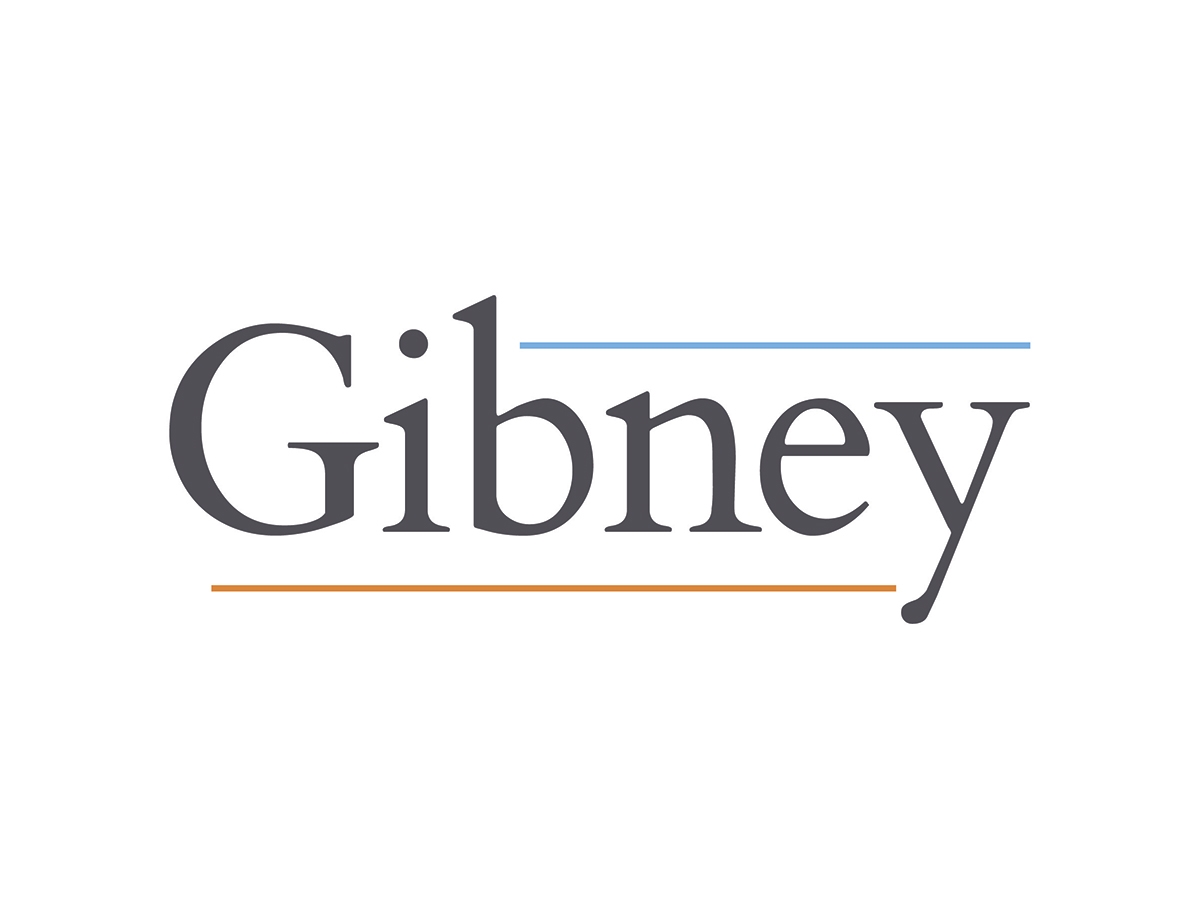Are accounting firms keeping remote work positions?
Many of today’s accounting professionals have a new perspective on when and how they want to work. Are firms heeding the call?
The onset of the COVID-19 pandemic forced countless businesses, including accounting firms, to go remote essentially overnight due to mandated shutdowns and stay-at-home orders. Now with the public health emergency officially over, the shift to more remote work has become the new normal. Or has it?
This blog will explore the talent and hiring trends within the accounting profession post-pandemic, and what the future may hold for accounting firms’ remote or hybrid work models. Let’s take a closer look.
Are there still remote accounting jobs?
It has been a few years since the onset of the pandemic, so where does the profession currently stand? The short answer is yes, remote accounting jobs are still being offered. In fact, as of May 2023, more than 600 remote accounting jobs were listed on the job board of talent solutions firm Robert Half.
One thing that the pandemic demonstrated is that remote accounting work is possible when the right tools and technologies are in place. The ConvergenceCoaching ATAWW Survey found that the percentage of firms allowing their team members to work remotely in 2022 on a regular or fluid basis nearly doubled to 80 percent. Furthermore, 43 percent of firms said they are making remote recruiting part of their talent strategy.
State of remote work in accounting
The pandemic forced many firms to go remote, as previously mentioned. But that wasn’t the only change, as many professionals began to rethink how and when they wanted to work.
The desire for a greater work-life balance is far from new. However, the pandemic further fueled the issue as many employees across various industries, not just accounting, began to reevaluate their priorities and work-life balance. Today, the desire for remote or hybrid positions remains strong.
41 percent of finance and accounting professionals are looking or planning to look for a new job in the first half of 2023. Among those professionals, well over half (63 percent) are seeking a hybrid position, and 47 percent are interested in a fully remote position.
Prior to the pandemic, remote or hybrid accounting positions existed within some firms, but it was not as prevalent compared with today.
According to a PwC Remote Work Survey, before the pandemic, only 29 percent of financial services firms had at least 60 percent of their workforce working from home at least once a week.
At the first peak of the pandemic, 43 percent of tax professionals were working remotely most, or all, of the time, according to the Thomson Reuters Insights for Tax Professionals 2021 Report, which was conducted in October 2020. And the benefits were not going unnoticed.
Of those who had been remote working most of the time, 48 percent said they were feeling a positive impact on their wellbeing, compared with 23 percent who said they were feeling a negative impact. And 38 percent said they felt their working practices had improved.
Attracting remote talent
As we emerge from the pandemic, many firms are continuing to embrace a more flexible work environment, especially as they look to retain and attract talent in today’s challenging job market. As previously noted, many of today’s job seekers are pursuing remote or hybrid accounting and finance positions. This is a factor that firms must consider should they desire to maintain their competitive edge.
In fact, when firms were asked to list their top tips for a successful recruitment strategy, offering flexible working arrangements (e.g. hybrid, hours) was near the top of the list, according to the Thomson Reuters Institute 2023 State of the Tax Professionals Report.
Looking ahead post-COVID, a significant number of financial services firms (69 percent) said they expect to have 60 percent of their workforce working from home at least once a week going forward.
And as many finance and accounting managers face challenges finding skilled talent (89 percent) in today’s environment, one can easily conclude that firms will continue to embrace remote or hybrid models to better attract talent and broaden the pool of job candidates.
Can accountants be digital nomads?
The pandemic demonstrated that accountants can be digital nomads — as long as they have the right tools and technologies in place, expectations are defined and communicated up front, and measures are in place to help keep remote staff engaged.
Let’s first take a look at some of the must-have technologies and capabilities for accountants working remotely.
Remote accounting solutions: Leverage remote accounting solutions to ensure staff can work anytime, from anywhere. Such solutions not only improve efficiencies but also help ensure business continuity and cut costs associated with server maintenance.
Secure workstations: Ideally, employees should work only on firm-assigned equipment.
Secure file transfer: Sensitive client documents and information should only be transferred via the firm’s secure email, portal, and digital signature solutions.
Collaboration tools: Leverage tools like video conferencing to help facilitate collaboration among both staff and clients.
Communication is especially critical when staff are working remotely. It is important that firm leaders clearly set expectations up front and have remote policies in place to help ensure success.
Furthermore, to help avoid feelings of isolation and burnout among remote employees, consider such measures as holding regularly scheduled stand-up meetings. These meetings can be a great way for remote staff to remain engaged and share the status of their work.
Is accounting better in person or online?
While some clients may still prefer to meet with their accountant in person, and some firms may find there are tasks better performed in the office, there are benefits to be gained when accounting firms work from home.
Among the more notable benefits is greater flexibility. When accounting staff have the flexibility they desire, they are likely to be happier and less stressed. This certainly bodes well for client relationships and, ultimately, greater firm profitability.
The future of remote and hybrid accounting
All signs point to remote and hybrid work remaining relevant for accounting firms. Firms may be reevaluating the remote work models they put in place at the onset of the pandemic and tweaking as needed, but today’s professionals are clearly expressing their desire for greater flexibility. And forward-looking firms are heeding the call.
For more information about how your accountants can successfully work from home, read our white paper “Running your CPA firm remotely? How accountants work from home successfully.”
To learn more about common challenges and solutions within the tax and accounting industry, read our blog on the top accounting issues facing firms in 2023.






